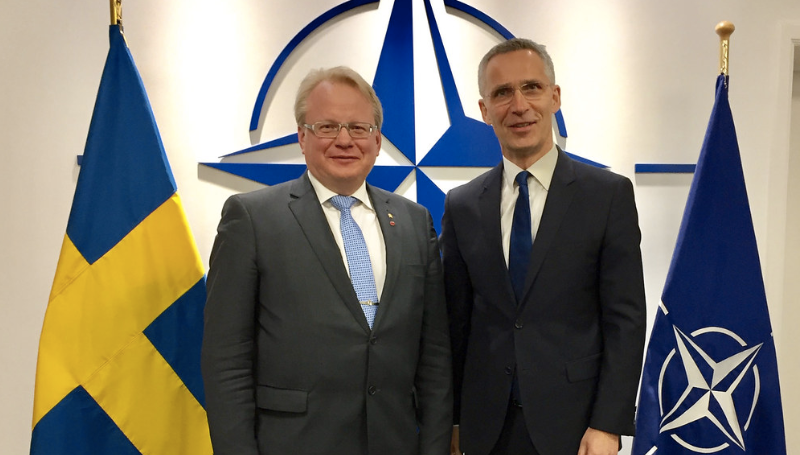Owen Greene
The Conversation, May 26, 2022
“The 2014 Russian annexation of Crimea and intervention in the eastern Donbas region of Ukraine confirmed that Russia no longer accepted previous agreed national boundaries.”
Sweden’s application to join Nato in May marks a major shift away from its longstanding position as a neutral state, stretching back to 1812.
Yet following Russia’s invasion of Ukraine, the decision now appears to command wide political support across the Swedish government, parliament and population. Swedish public support for Nato membership has gradually increased over the last decade, with 58% now in favour and only 19% opposed. The major Swedish political parties all decided to support the membership application, too.
Sweden’s neutrality began after a disastrous loss of territory to Russia during the Napoleonic wars in 1812, and this security policy later enabled it to distance itself from the shifting military alliances in Europe during the 19th century. During the 20th century, Sweden’s neutrality developed into an active internationalist foreign policy promoting international peace and security through diplomacy, cooperative security arrangements and international organisations.
To view the original article, click here


